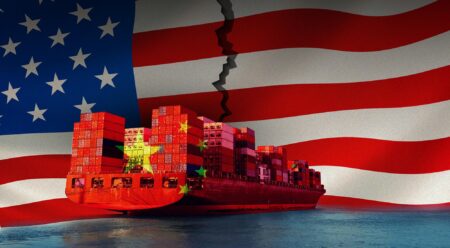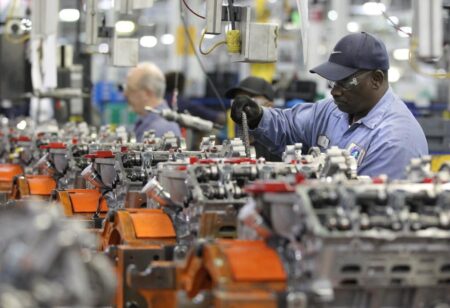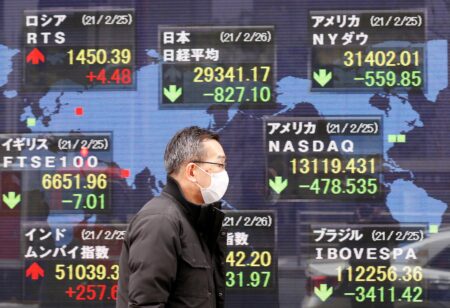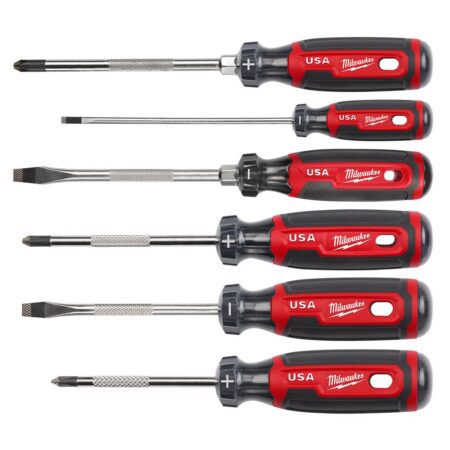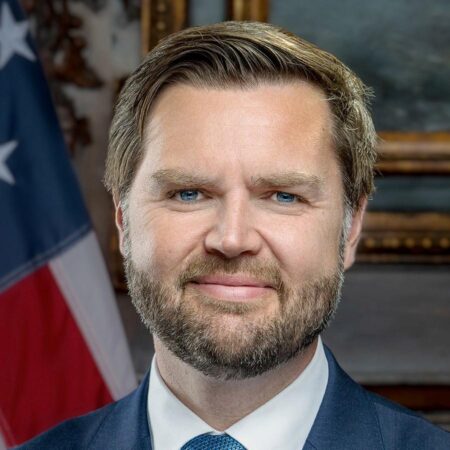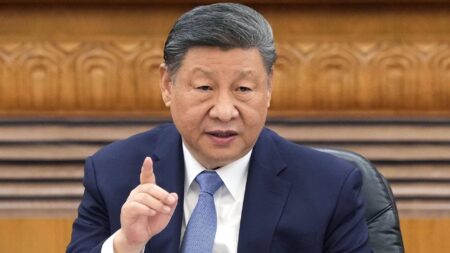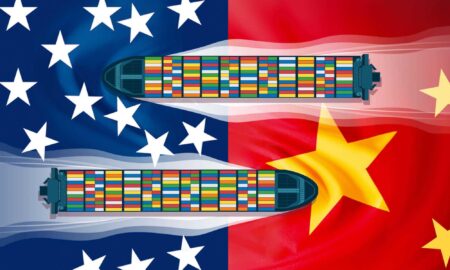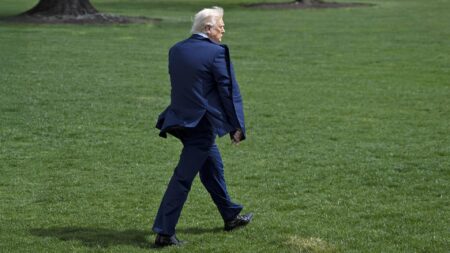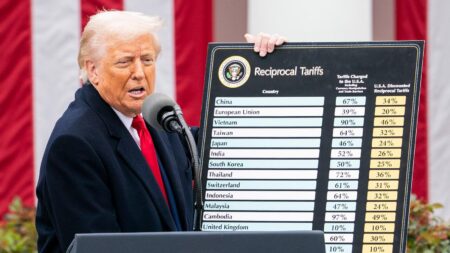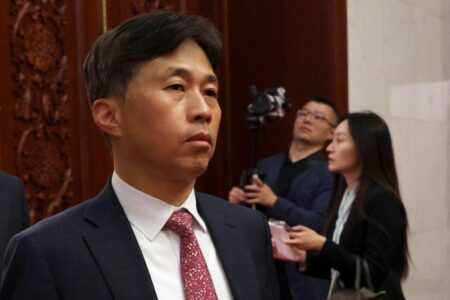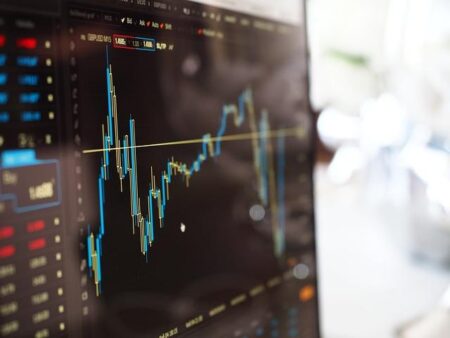One of India’s wealthiest states is raising a red flag, warning that U.S. tariffs introduced during the Trump era are inflicting “irreparable damage” on its economy. It urges immediate action to protect crucial trade and investment ties, The Economic Times reports
Browsing: trade policies
The ongoing U.S.-China trade war is pushing Nvidia to its limits, disrupting supply chains and blocking key market opportunities for the chip giant. As tensions rise, Nvidia confronts growing obstacles that could stall its growth in an ever-tightening tech environment
The US is rapidly shedding manufacturing jobs as automation, global competition, and evolving supply chains transform the industry landscape. Experts warn that this relentless shift endangers local economies and call for bold, strategic policy measures to reverse the trend
Amid escalating tariff battles, U.S. alcohol sales have plummeted by a dramatic 66%, with Canadian consumers turning away from American spirits in droves. This deepening trade conflict is striking a harsh blow to the U.S. liquor industry
Asia’s stock markets showcased a patchwork of performances as the shadow of Trump’s tariffs casts uncertainty over global trade. In a bright spot, Japan’s indices surged ahead, fueled by robust economic data, while other regional markets grappled with a wave of cautious investor sentiment.
Even with tools proudly stamped “Made in USA,” they aren’t shielded from the effects of tariffs. The surge in material costs and ongoing supply chain hiccups can still drive prices up. However, savvy consumers can navigate this tricky landscape by hunting for local alternatives and taking advantage of discounts, ensuring they get the best bang for their buck!
Walmart is gearing up to raise prices on certain items, a move driven by the rising tariffs on imported goods. This announcement serves as a cautionary note for consumers, hinting at potential inflation ahead. As the retail giant maneuvers through the choppy waters of ongoing trade tensions, shoppers may feel the pinch in their wallets.
China’s budget-friendly parcels are about to face new duties, shaking things up for both consumers and sellers alike. This policy change is designed to create a fairer competition for local products, but it could also mean that shoppers who depend on those wallet-friendly imports might see their costs rise
In an exciting development for global trade, France has committed a remarkable EUR 1.9 million to empower developing economies and least developed countries (LDCs). This funding, unveiled by the World Trade Organization, is set to drive sustainable development and foster trade equity across the globe.
In a captivating interview with CBS News, JD Vance delved into pressing security issues facing Europe, underscoring the vital role of US support for Ukraine. He also explored the ramifications of Trump’s tariffs, shedding light on how they could reshape transatlantic relations
A recent analysis by CNBC reveals that producing a “Made in the USA” iPhone could raise its price significantly. Estimates suggest costs could jump by over $200 per device, reflecting higher labor and manufacturing expenses domestically.
Chinese President Xi Jinping embarks on an aggressive diplomatic tour across Asia, seeking to bolster trade relations amid an ongoing tariff war with the United States. His efforts aim to strengthen alliances and mitigate economic impacts from the escalating conflict.
The ongoing US trade war may lead to a significant shift in global trade dynamics, as experts suggest Chinese goods could increasingly find their way into European markets. This trend could reshape supply chains and impact economies on both sides of the Atlantic.
In a bold push for domestic manufacturing, Trump’s “Made in USA” initiative could potentially triple iPhone prices, raising concerns among consumers. A recent report reveals significant price disparities globally, highlighting the least expensive markets for the iconic device.
The UK has officially banned personal imports of meat and dairy products from the EU, citing biosecurity concerns. The move aims to prevent the spread of animal diseases and align with post-Brexit regulations, affecting travelers and consumers across the nation.
In a recent roundtable discussion, Japan’s Sovereign Socially Responsible Allocators (SSAs) expressed concerns over rising geopolitical tensions and fluctuating tariffs. Experts highlighted the need for strategic adaptations to navigate this volatile landscape and safeguard investments.
The UK’s FTSE 100 experienced its largest daily decline since the onset of the pandemic, driven by renewed concerns over Trump’s tariffs. Market analysts warn that the tariffs could disrupt global trade and economic recovery efforts.
In a rare meeting with global CEOs, Chinese President Xi Jinping urged leaders to defend international trade against rising protectionism. Xi emphasized collaboration, signaling China’s commitment to open markets amid escalating economic tensions worldwide.
UK stocks remained largely unchanged amid ongoing concerns over tariffs, prompting a cautious approach from investors. As trade tensions escalate, market participants are closely monitoring developments that could impact economic stability.
China’s GDP forecast has been upgraded as the economy shows robust growth from a strong start to the year and increased capital investments. Despite ongoing trade tensions and tariffs, confidence in China’s economic resilience continues to strengthen.


